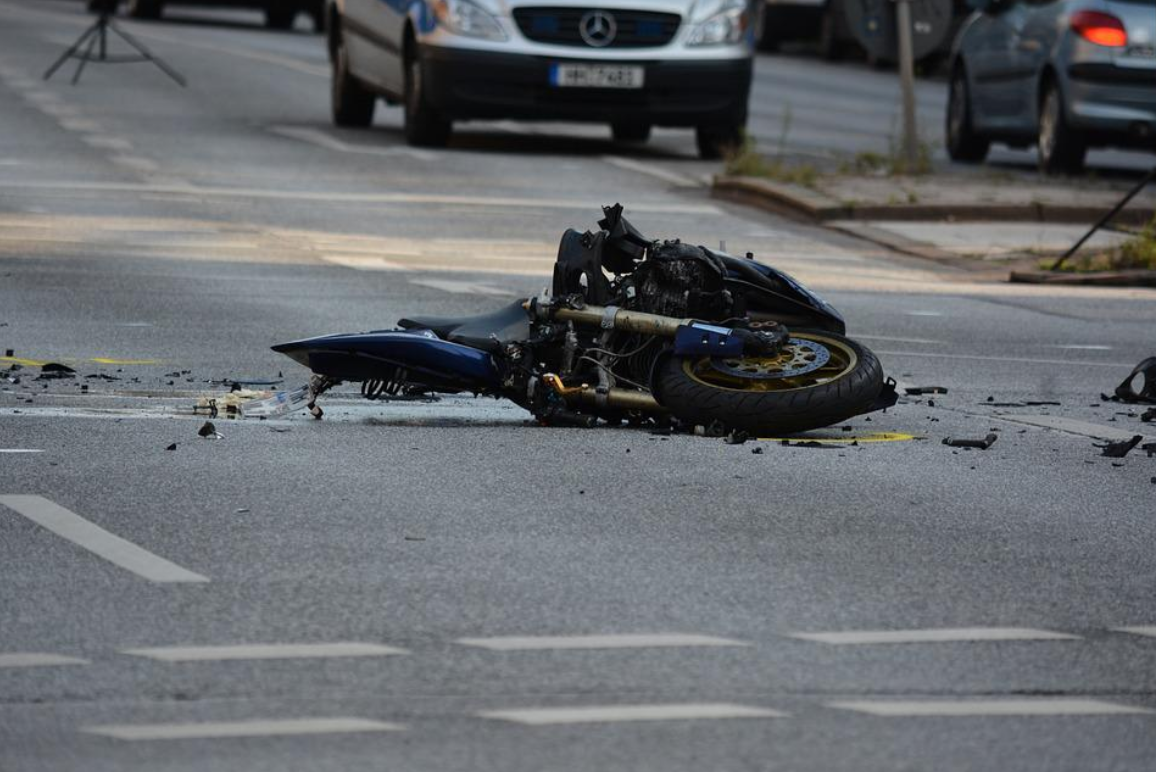Reflecting on experiences encourages appreciation for resilience developed throughout the recovery journey. This newfound perspective can inspire positive changes in various aspects of life beyond just motorcycling endeavors.
Recovering fully after a motorcycle accident can be a challenging journey, but with the right steps, it is entirely achievable. This blog post will guide you through essential actions to take following such an incident. From immediate medical attention to ongoing care and support, we’ll explore strategies that can help you regain your strength and well-being. Whether you’re dealing with physical injuries, emotional stress, or legal matters, this comprehensive guide aims to provide clear and supportive advice for a smooth recovery process.
Understanding Medical Needs
After a motorcycle accident, addressing medical needs promptly is crucial. Immediate medical attention can prevent complications and aid recovery. It’s important to undergo a thorough medical evaluation to identify any hidden injuries such as concussions or internal bleeding that might not be apparent immediately. Following up with healthcare professionals ensures that all injuries are monitored, and a tailored treatment plan is established. Adhering to prescribed treatments, including physical therapy or rehabilitation exercises, enhances healing and minimizes long-term effects.
Prioritizing Mental Health
The emotional impact of a motorcycle accident can be significant. Experiencing trauma, anxiety, or even PTSD is common among accident survivors. Seeking support from mental health professionals can provide effective coping strategies and emotional processing. Engaging in therapy sessions can help address any lingering fears about riding again and can facilitate emotional recovery. Participating in support groups where experiences are shared with others who have faced similar situations can also foster healing and resilience.
Navigating Legal Processes
Engaging with a motorcycle accident attorney early on can significantly affect the outcome of any legal processes involved. An attorney specializing in motorcycle accidents understands the intricacies of such cases and can guide proper documentation of evidence, witness statements, and medical records. Legal representation from experienced professionals such as the team at Peterson & Peterson LLC ensures that rights are protected and adequate compensation for damages and injuries is pursued. An attorney’s expertise is invaluable in negotiating settlements or preparing for trial if necessary.
Managing Financial Considerations
The financial aftermath of an accident often involves medical bills, repair costs, and potential loss of income during recovery. Consulting with financial advisors or case managers can offer insights into managing these expenses effectively. Insurance claims should be handled meticulously to ensure fair compensation is received. Keeping detailed records of all expenses related to the accident assists in making comprehensive claims and aids in financial planning during the recovery period.
Rebuilding Physical Strength
Physical recovery from a motorcycle accident requires dedication to rebuilding strength and mobility. A structured rehabilitation program tailored by healthcare professionals facilitates this process. Focused exercises enhance flexibility, improve muscle strength, and restore range of motion affected by injuries sustained during the accident. Consistency in following the rehabilitation plan accelerates physical recovery and helps regain confidence in daily activities.
Returning to Riding
For many motorcyclists, returning to riding post-accident is both a goal and a challenge. It’s essential to evaluate readiness carefully before getting back on the road. Completing a refresher course on motorcycle safety may boost confidence and ensure up-to-date riding skills. Gradual exposure to riding environments allows for adapting at a comfortable pace while addressing any apprehensions about riding again after an accident.
Establishing Support Systems
Building an effective support system contributes significantly to recovery after an accident. Family members, friends, and fellow riders provide encouragement and assistance throughout the healing process. Open communication about needs and progress fosters understanding and creates a supportive environment conducive to recovery.
Embracing Lifestyle Adjustments
Post-accident life may necessitate certain lifestyle adjustments to accommodate healing and prevent future incidents. Adopting new safety measures such as upgraded protective gear or advanced safety courses enhances riding security moving forward. Being mindful of physical limitations ensures ongoing health while gradually reintegrating into regular activities.
Reflecting on Personal Growth

Surviving a motorcycle accident often leads to profound personal growth opportunities. Reflecting on experiences encourages appreciation for resilience developed throughout the recovery journey. This newfound perspective can inspire positive changes in various aspects of life beyond just motorcycling endeavors.
In conclusion, recovering from a motorcycle accident is a multifaceted journey that requires attention to both physical and mental health, careful navigation of legal and financial matters, and the ongoing support of loved ones. Each step, from addressing immediate medical needs to gradually returning to riding, is crucial for rebuilding confidence and ensuring a full recovery. By embracing necessary lifestyle adjustments and reflecting on the personal growth achieved throughout this process, accident survivors can find empowerment and resilience in their experiences. Remember, patience and perseverance are key elements in overcoming the challenges faced along the way, paving the road to a healthier, more mindful future.


Join the conversation!